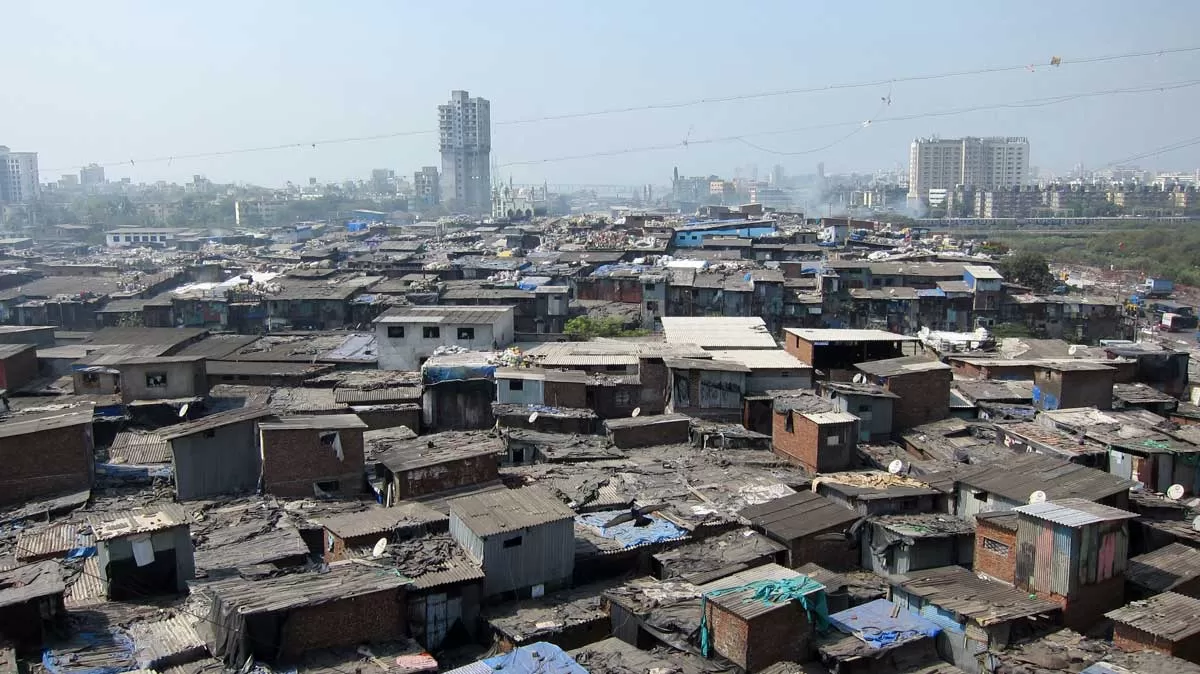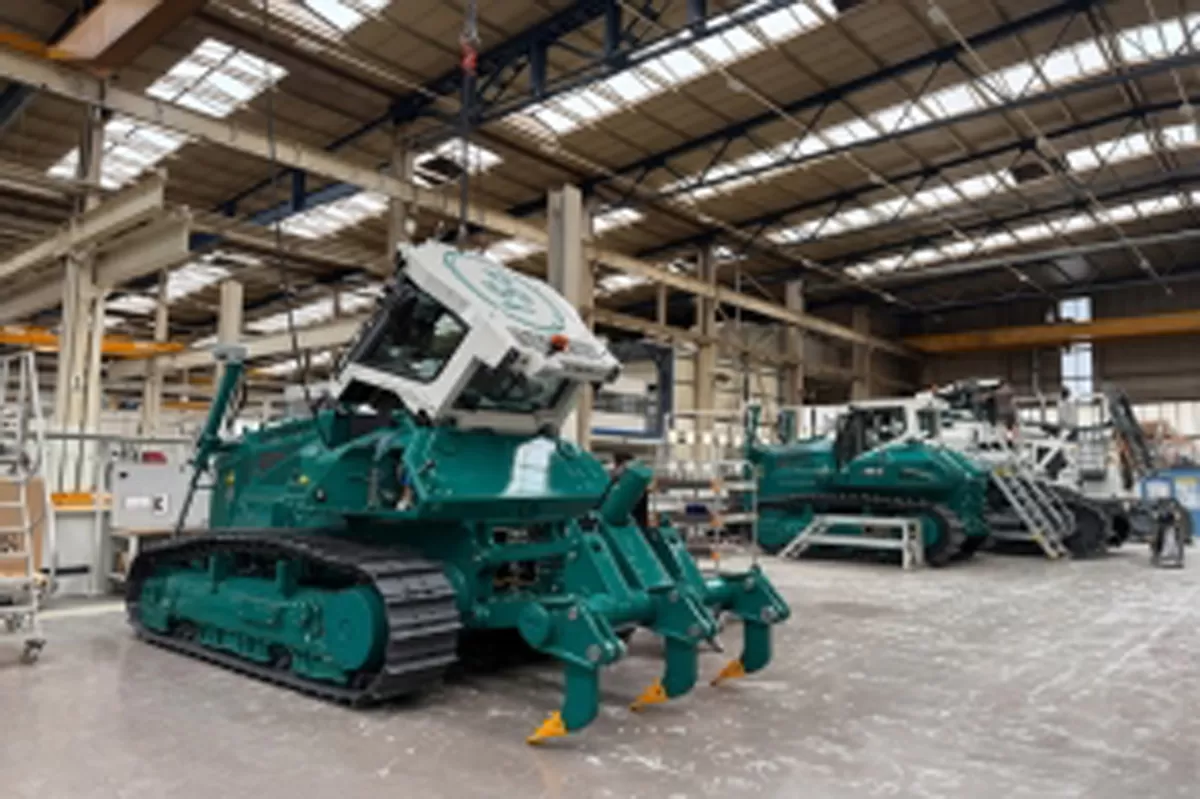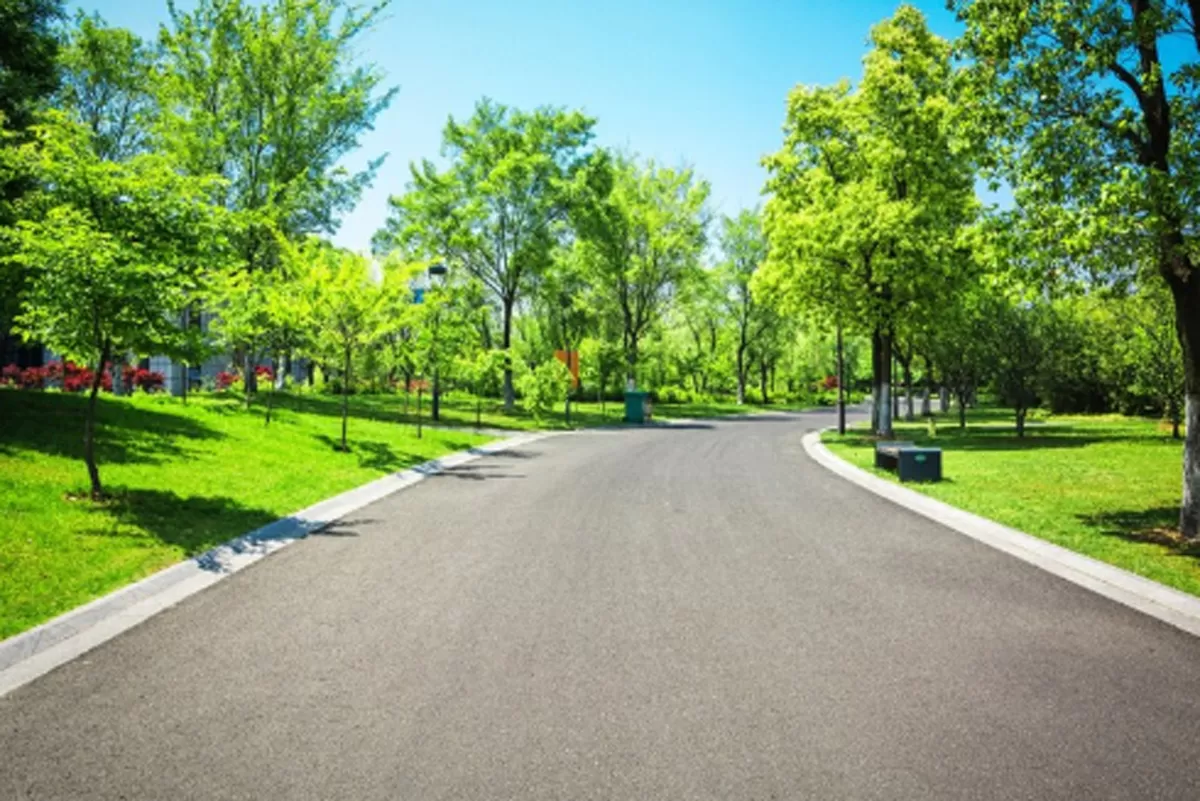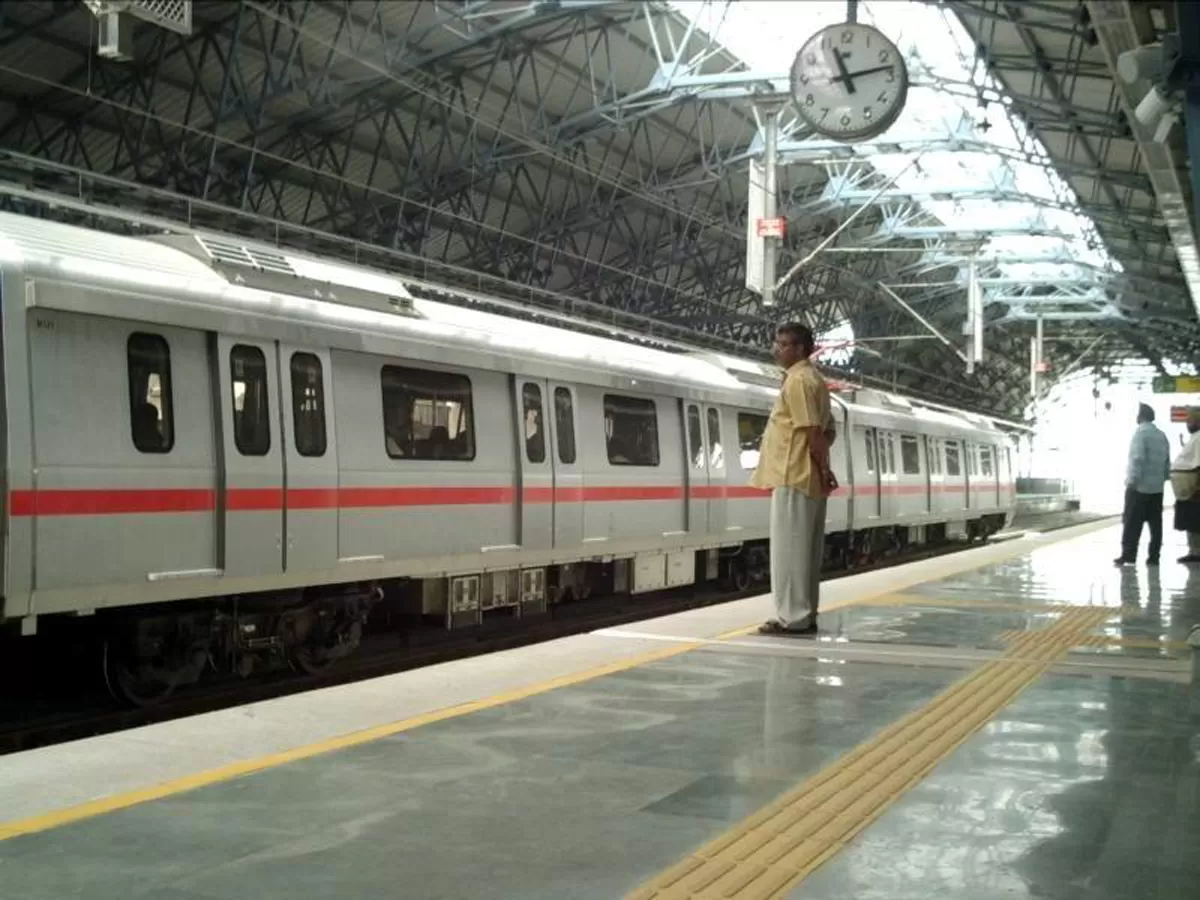
Maharashtra clears Deonar dumping ground for Dharavi redevelopment

Liebherr secures 130-dozer deal with Turkey’s State Hydraulic Works
Liebherr Turkey has signed a major equipment supply agreement with the Turkish State Hydraulic Works (DSİ) for the delivery of 130 crawler tractors to be used across the country’s key infrastructure and environmental projects.The agreement covers 120 PR 756 Litronic and 10 PR 736 Litronic crawler tractors, with production scheduled at Liebherr’s facility in Telfs, Austria. This marks a significant continuation of the long-standing collaboration between DSİ and Liebherr, which began over a decade ago with the delivery of PR 754 Litronic dozers.Designed for heavy-duty operations, the PR 75..

Noida to Revamp Transport Nagar Chowk with Rs 4-Crore Beautification Plan
The Noida Authority has unveiled plans to redevelop Transport Nagar Chowk in Sector 67 with a Rs 4-crore beautification project. Aimed at enhancing connectivity, accessibility, and urban aesthetics, the project will upgrade a 500-metre stretch along DSC Road with modern, inclusive, and sustainable infrastructure.Officials stated that the stretch will be enhanced with ornamental lighting, sculptures, seating areas, bollards, food kiosks, and ramps for differently-abled individuals. A tender for the project is expected to be issued soon.Neelima Rana, partner at Orionn Architects—the firm behin..

Centre Approves Noida Metro Extension to Bodaki Multimodal Hub
The Central government has approved the extension of the Noida Metro Aqua Line from Depot Station to the upcoming Multimodal Transport Hub (MMTH) at Bodaki, marking a major push for enhanced connectivity in the National Capital Region (NCR). The 2.6-km extension is expected to be completed within three years.The project, already cleared by the Uttar Pradesh Cabinet, will now move to the construction stage under the supervision of the Noida Metro Rail Corporation (NMRC). The extended route will include two additional stations — Junpat Village and Bodaki — connecting to the MMTH, which will ..



















